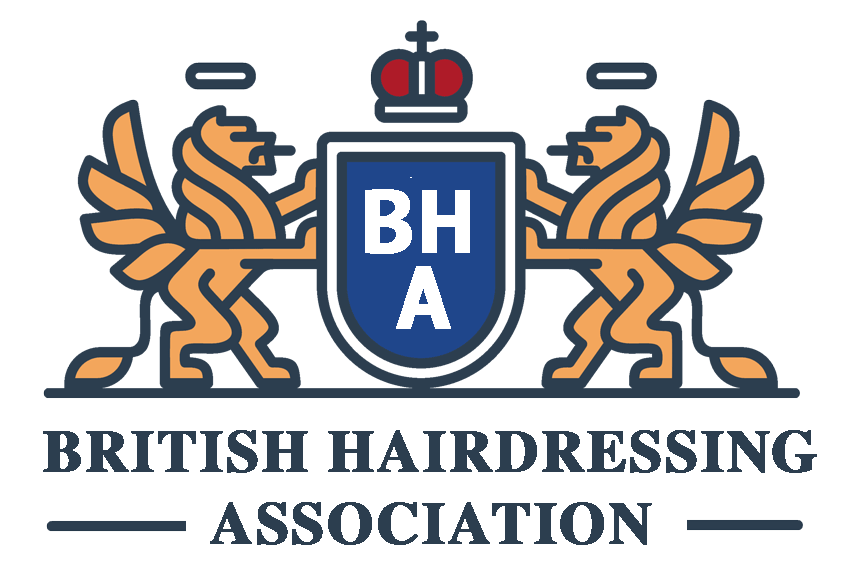Understanding Regulatory Standards for Hairdressing in Various UK Regions
Hairdressing is a thriving industry in the UK, with thousands of salons and barbershops catering to clients’ needs across the country. However, with great demand comes great responsibility, especially when it comes to adhering to regulatory standards set by various UK regions. Understanding and complying with these standards is crucial for operating a successful and legal hairdressing business.
In the UK, each region has its own set of regulatory standards that govern the practice of hairdressing. These standards are in place to ensure the safety and well-being of both clients and practitioners. It is important for hairdressers to familiarize themselves with these regulations to avoid legal repercussions and provide the best possible service to their clients.
One of the most important regulatory standards that hairdressers must adhere to is obtaining the proper licenses and certifications. In many regions, hairdressers are required to hold a valid license or certification to legally practice their trade. These licenses are typically obtained through accredited training programs and demonstrate that the hairdresser has the necessary skills and knowledge to provide quality services to clients.
In addition to licensing requirements, hairdressers must also follow strict hygiene and sanitation standards. This includes regularly cleaning and disinfecting tools and workstations, as well as following proper hygiene protocols to prevent the spread of infections. Failure to comply with these standards can result in fines, penalties, or even the closure of the business.
Hairdressers in the UK must also comply with regulations regarding the use of chemicals and other products. This includes ensuring that all products used in the salon are safe and approved for use by regulatory authorities. It is also important for hairdressers to follow proper procedures and guidelines when using these products to avoid harm to themselves and their clients.
Lastly, hairdressers must also be aware of employment and labor laws that govern the industry. This includes regulations regarding wages, working hours, and employee rights. It is important for hairdressers to treat their employees fairly and comply with all relevant labor laws to avoid legal issues.
In conclusion, understanding and adhering to regulatory standards is essential for hairdressers in the UK. By obtaining the proper licenses, following hygiene and sanitation standards, using safe products, and complying with employment laws, hairdressers can ensure the success and longevity of their businesses. By staying informed and up to date on regulatory changes, hairdressers can continue to provide quality services to their clients while operating legally and ethically.


